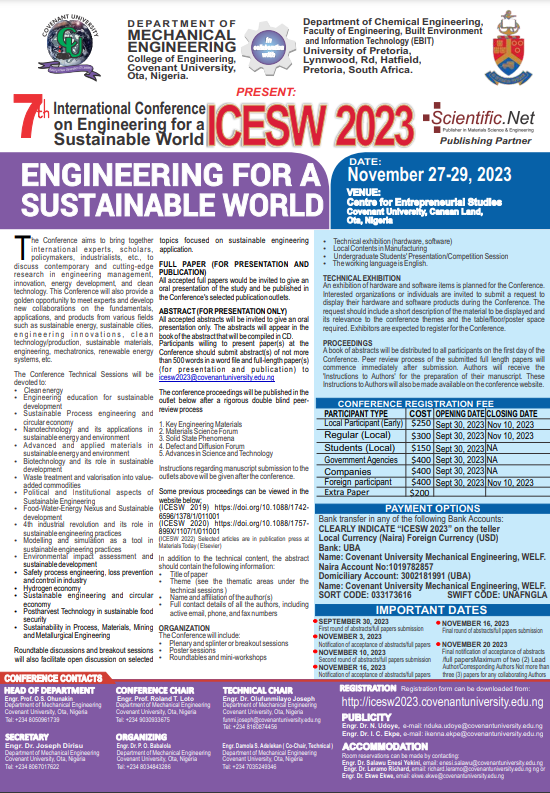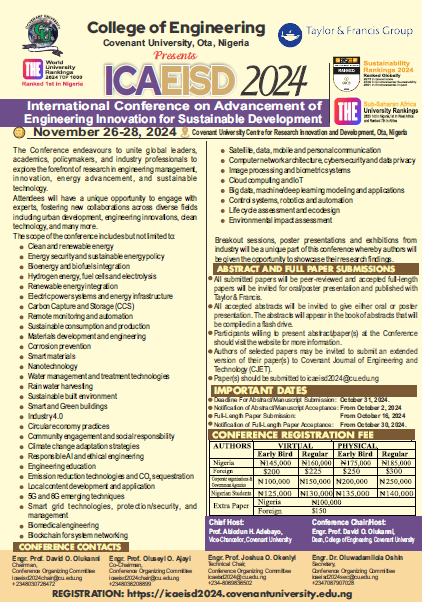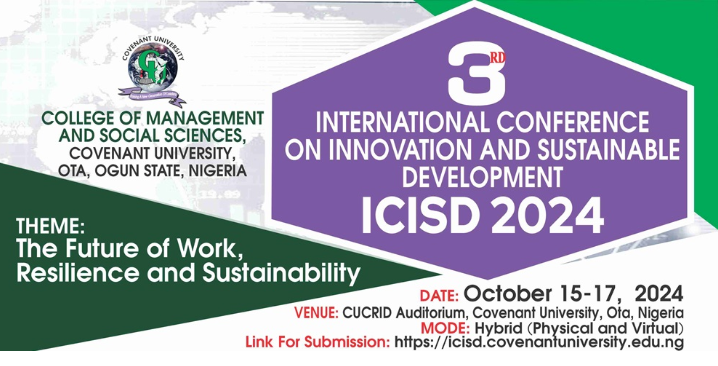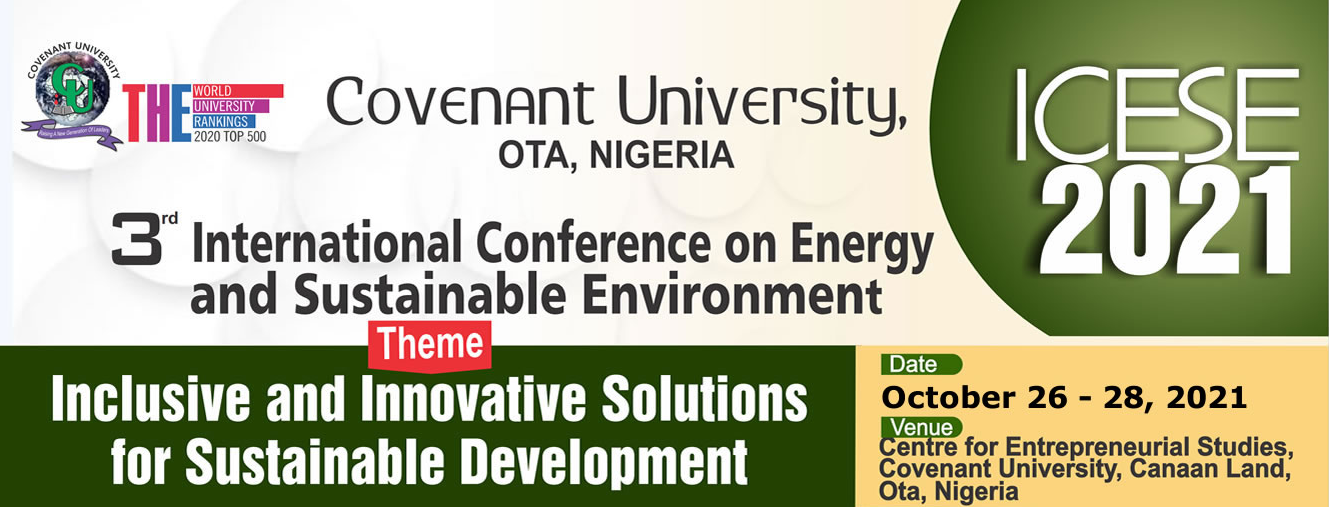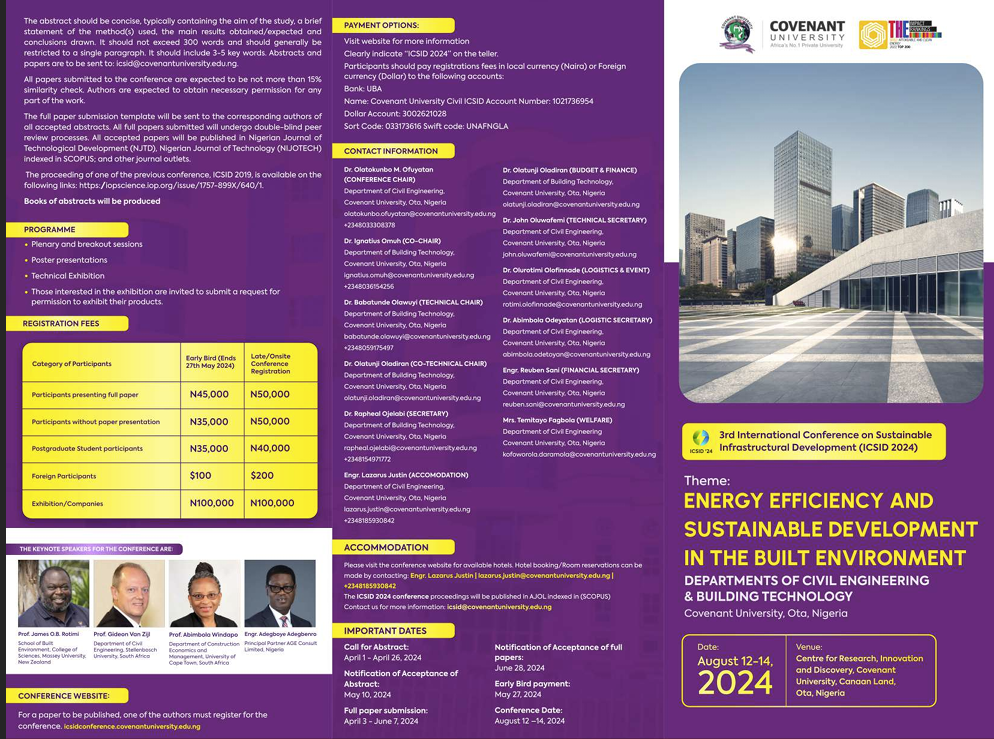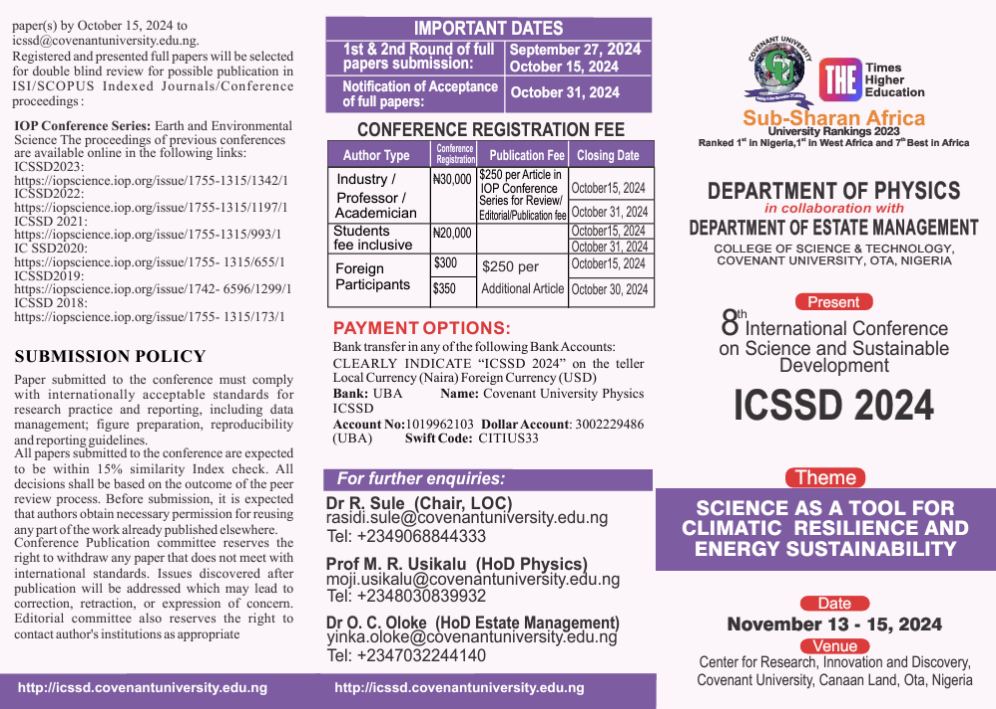Affordable and Clean Energy
for all
Affordable and Clean Energy
for all
- 7.2.1 Energy Efficiency Standards for Renovation and New Building
- 7.2.2 Existing Buildings Upgrade to higher energy efficiency
- 7.2.3 Process for Carbon Management and CO2 Emission Reduction
- 7.2.4 Energy Consumption Reduction Plan
- 7.2.5 Reviews for Energy Wastage Identification
- 7.2.6 Divestment Policy for Carbon Intensive Industries
- 7.4 Energy and the community
- 7.4.1 Local Community Awareness for Energy Efficiency and Clean Energy
- 7.4.2 Pledge Towards 100% Renewable Energy
- 7.4.3 Energy efficiency and Clean Energy Services for Local Industry
- 7.4.4 Policy Development to Foster Awareness for Government on clean energy and energy-efficient Technologies
- 7.4.5 Assistance for Start-ups Towards Low-Carbon economy/Technology
7.2.1 Energy-efficient renovation and building
We have policies in place to ensure that all renovations and new builds adhere to energy efficiency standards and have plans to upgrade existing buildings to higher energy efficiency levels (Section III and IV, Covenant University Energy Efficiency Policy (CUEEP)). It was developed to manage energy and utility consumption across campus by implementing sustainable practices and procedures. The Physical Planning and Development (PPD), in collaboration with the heads of various units at the University, is responsible for enforcing CUEEP (See Section VI of CUEEP). The University buildings shall be constructed using passive architectural design in a way that maximizes daylighting and natural air-cooling systems for maximum building illumination and cooling. The University shall ensure that all new buildings on campus are designed in compliance with Energy Efficient Building Codes to have an energy consumption limit once completed, and to ensure the installation of renewable energy systems that will supply a proportion of total electricity demand, thereby maintaining a set limit for zero net growth in consumption. Old and existing buildings are to be retrofitted for improved energy conservation. The University shall use certified energy-efficient electrical appliances for new installations to ensure lower energy consumption.
The implementation of CUEEP has brought about:
- A reduced campus energy use intensity (EUI) by an average of at least 3% per year.
- Optimization of campus estates and infrastructure through aggressive energy efficiency practices.
In view of the successes recorded with the implementation of CUEEP, the Physical Planning and Development Directorate has developed an Energy Efficiency Checklist to review the performance of all equipment used on campus monthly and identify areas where energy consumption can be reduced. PPD has reported that Covenant University is using less energy today than ten years ago, despite campus growth in both building square feet and population (employees and students).
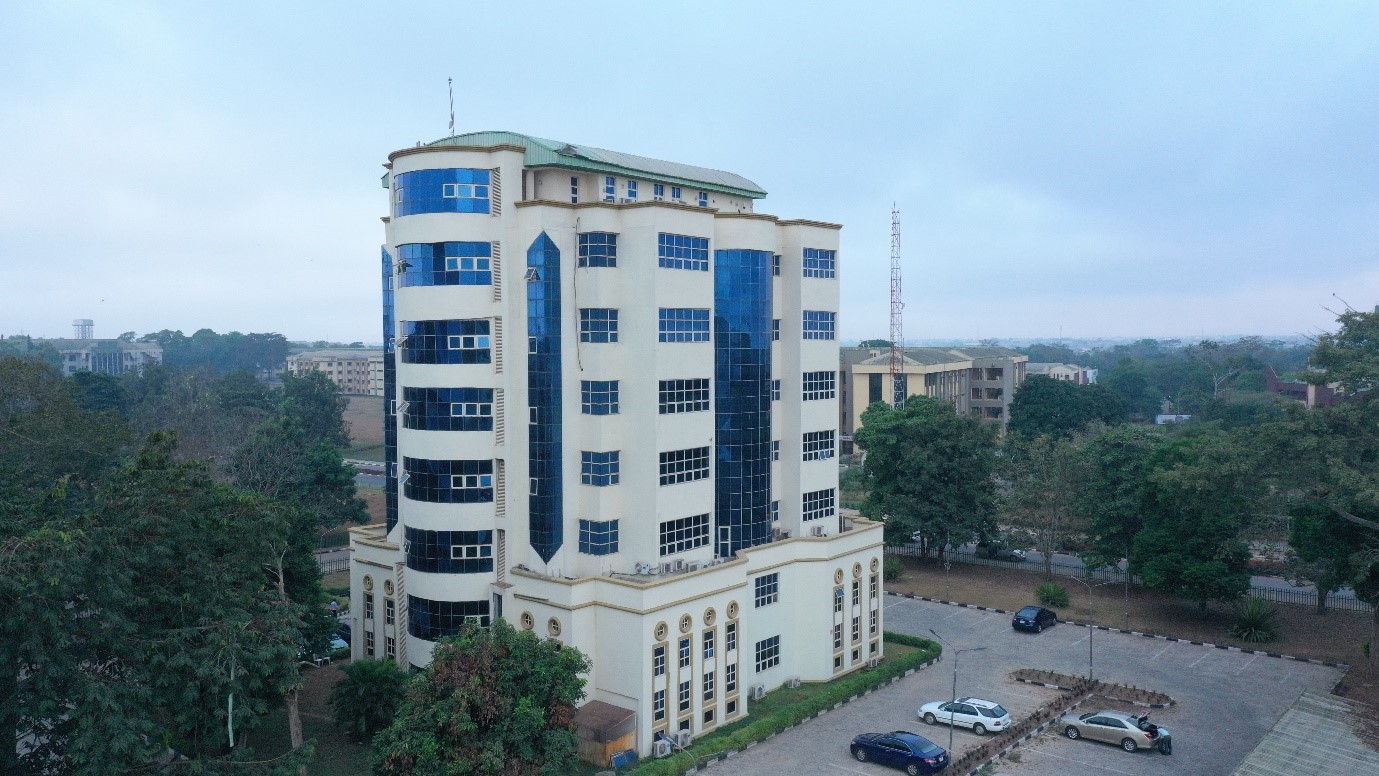
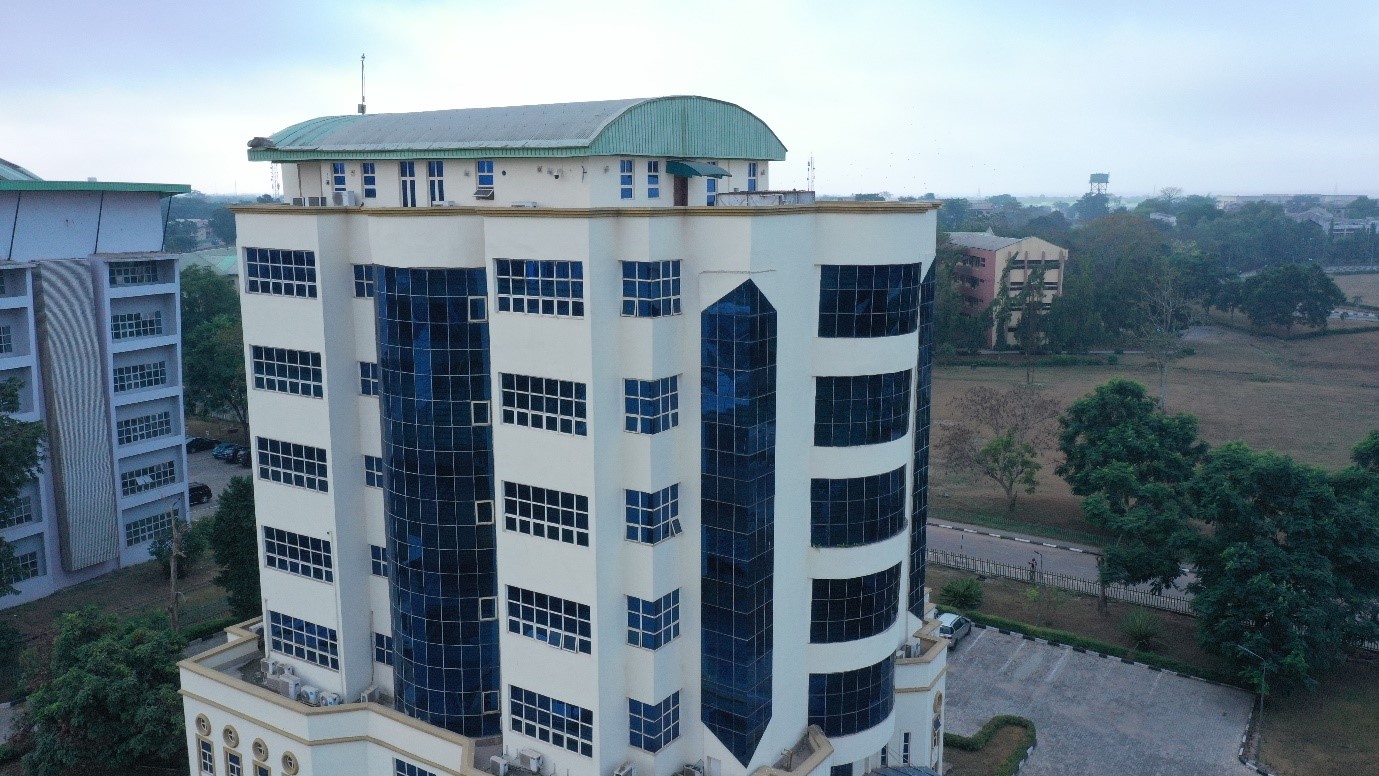
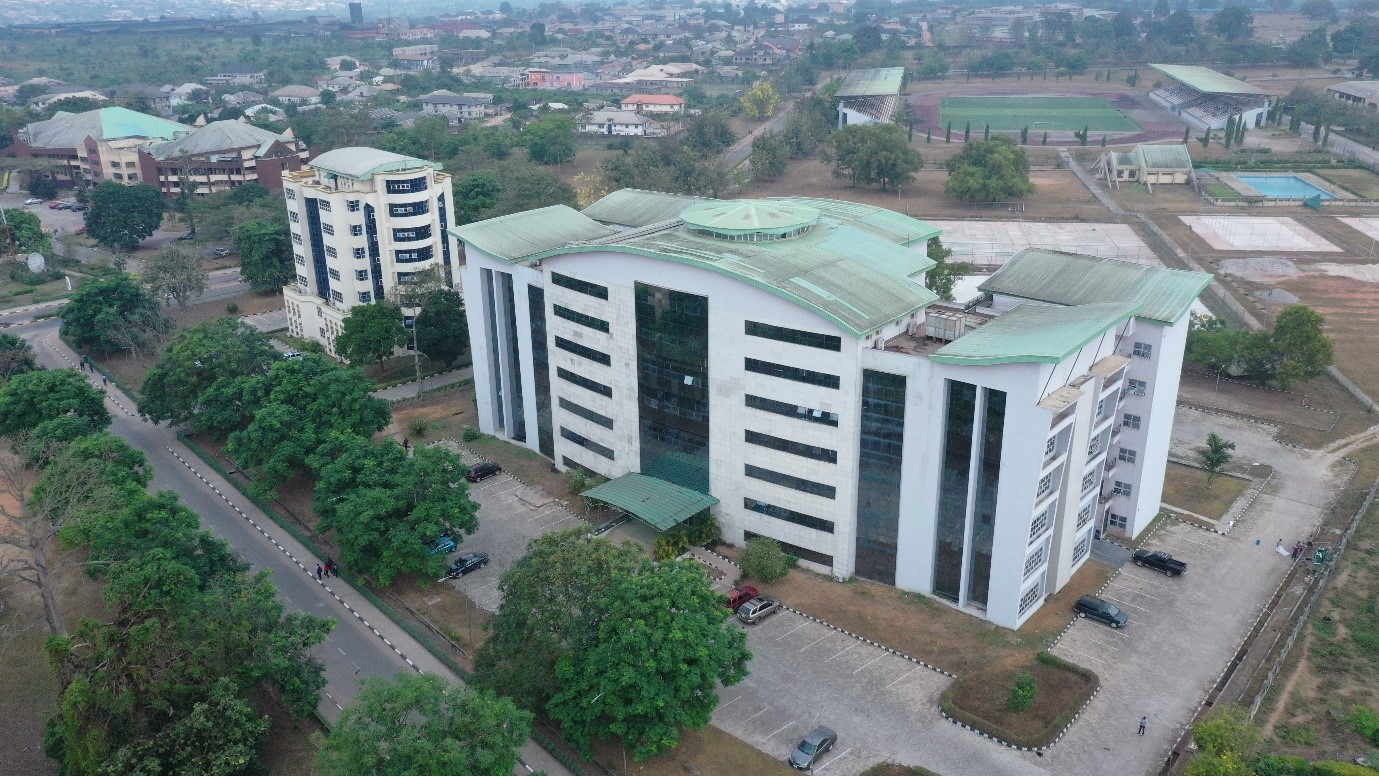
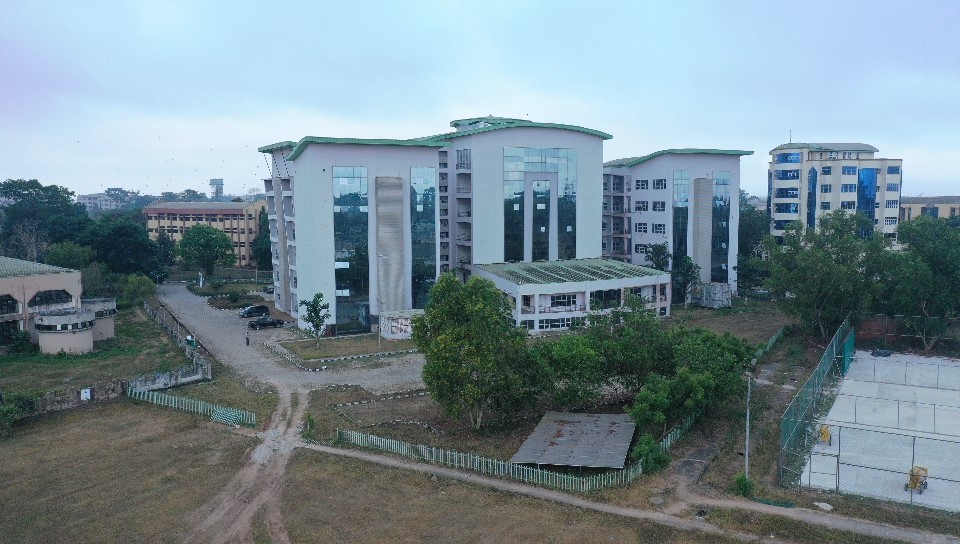
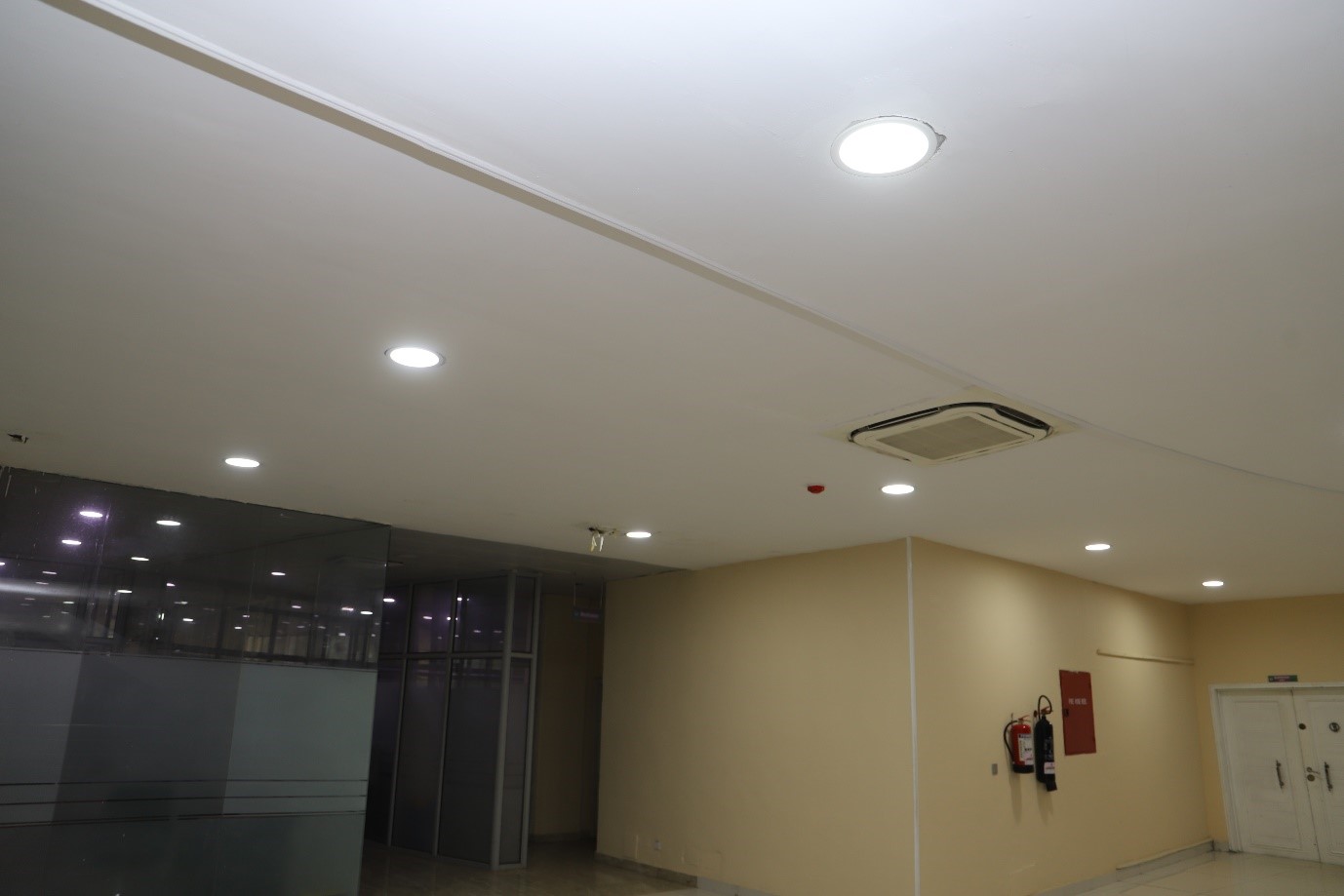
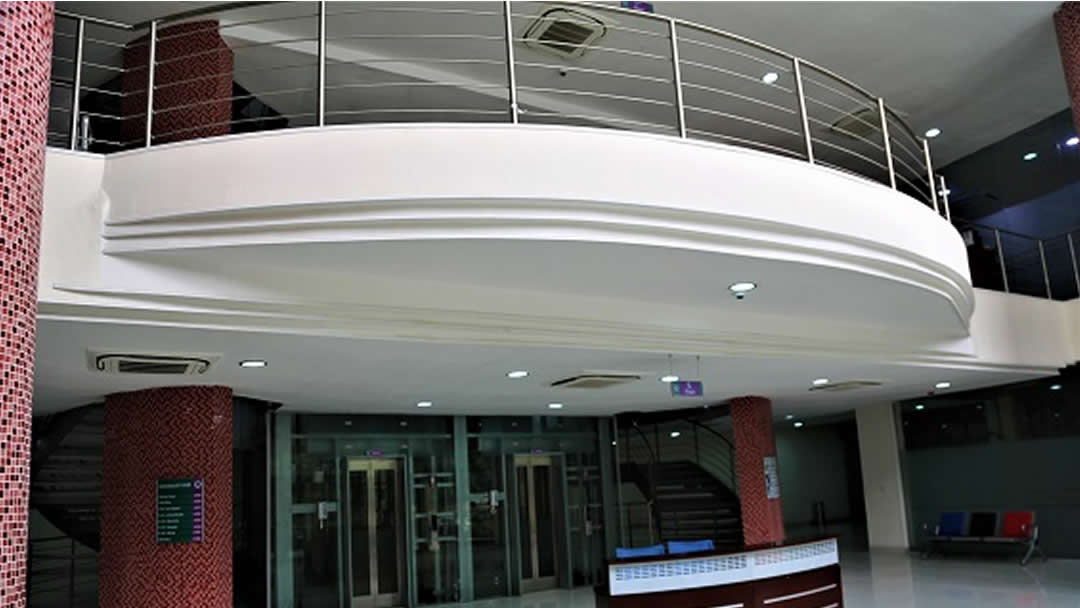
7.2.2 Existing Buildings Upgrade to higher energy efficiency
Covenant University has been ensuring that buildings are upgraded to energy-efficient ones by utilizing the natural convective air-cooling system and daylightingfor proper cooling and illumination of buildings (See Section IV of CUEEP). The University has been installing electronic smart devices, such as motion sensors and programmable thermostats, that can automatically adjust the workplace lighting and temperature when no one is present (See Section IV of CUEEP). Covenant University has also been adopting Certified Energy Efficient Appliances, utilizing only light-emitting diode (LED) lighting systems, energy-efficient air-conditioning units, and efficient water dispensing facilities on all its new buildings/installations on campus. The old/obsolete lighting systems, air-conditioning units, and other office appliances are to be retrofitted in phases with energy-efficient ones (See Section IV of CUEEP). The University conducts an annual energy audit to ensure that energy consumption remains at the anticipated level and that energy is not being wasted. The areas of energy conservation and savings are to be identified through an audit. The University, through the Physical Planning and Development (PPD), has been responsible for providing timely maintenance services for buildings, electrical equipment, and water facilities on campus, thereby maintaining their efficiency at a maximum level.
7.2.3 Process for Carbon Management and CO2 Emission Reduction
Carbon emissions at Covenant University primarily stem from its energy production and consumption (Carbon Neutrality Commitment of Covenant University: 2040). In line with the mission of the University’s Climate Action Plan (CU-CAPs), Covenant University’s emissions have continued to decline ever since the University decarbonized the power generation section by successfully transitioning from diesel-fired power plants to natural gas-fired power plants. Covenant University operates a 12MW Independent Power Plant that runs solely on natural gas and is designed to meet and exceed all applicable emissions standards. The gas plant was needed after a 2012 report indicated that over 700 million Naira was being spent monthly on electricity. The Plant currently serves the Covenant University campus and its staff estates. The power plant consists of 1No 5.7 MW gas-fired turbine and 5Nos 1.2MW gas engines to generate electricity.
Covenant University also generates about 69.44kW of energy from rooftop/ground mount solar photovoltaic to power the research building (CUCRID), housing sensitive laboratory testing equipment, with plans underway to increase the contribution of energy from renewable energy into the university energy mix as outlined in the Covenant University Energy Efficiency Policy (CUEEP). Other than the power plant that runs on natural gas (a low-carbon energy source), the use of clean energy is a key strategy adopted by Covenant University to achieve a sustainable university.
Renewable Energy
- Install additional on-site renewable electricity supplies and energy storage systems at the campus whenever cost-effective and/or supportive of the location in line with the Carbon Neutrality Commitment of Covenant University.
- By 2040, the entire campus will procure 100% clean electricity as occasioned by the Climate Action Plan (CU-Caps) and in line with the Carbon Neutrality Commitment of Covenant University, on the gradual transition from low-carbon energy sources (natural gas-fired power plants) to renewable resources.
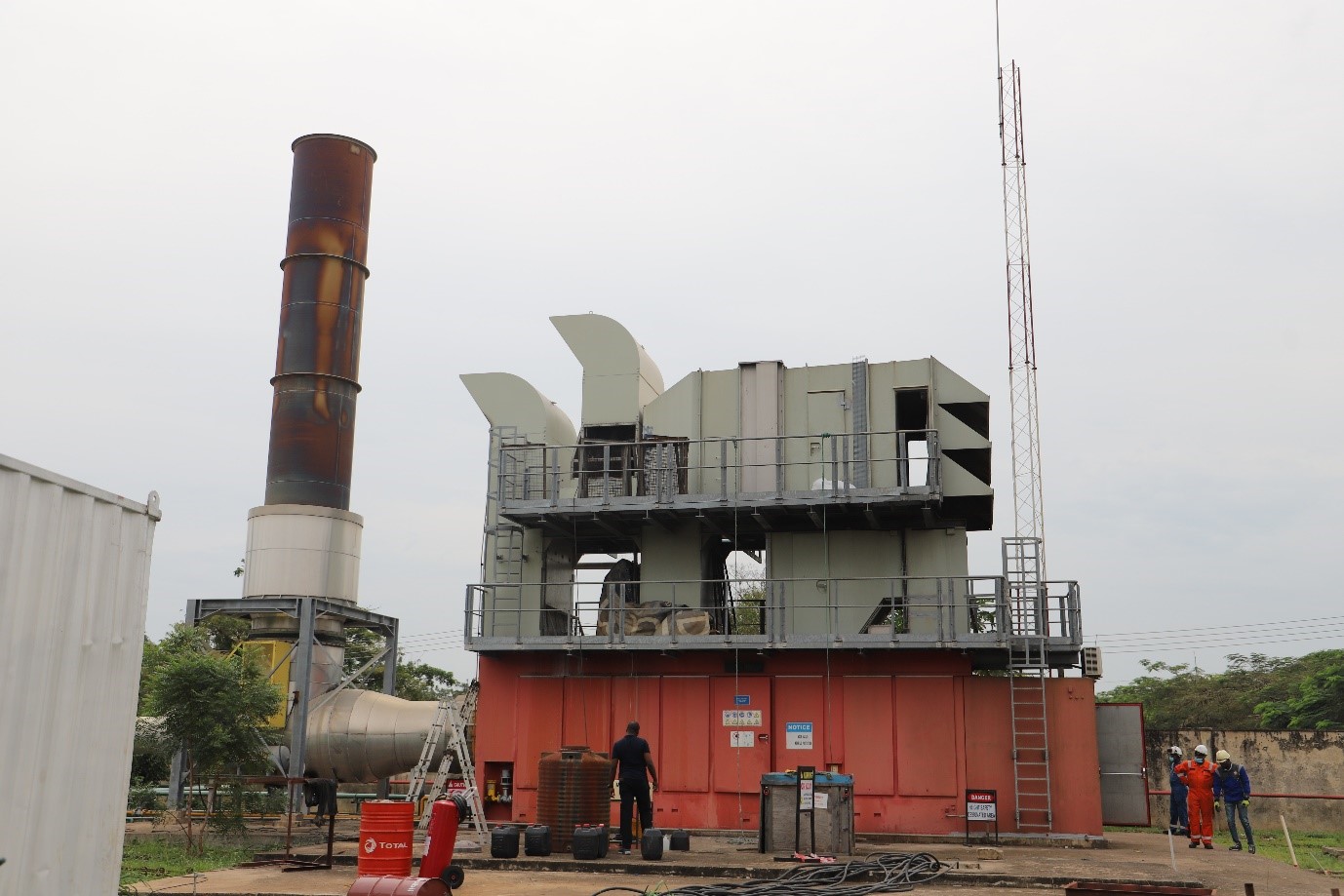
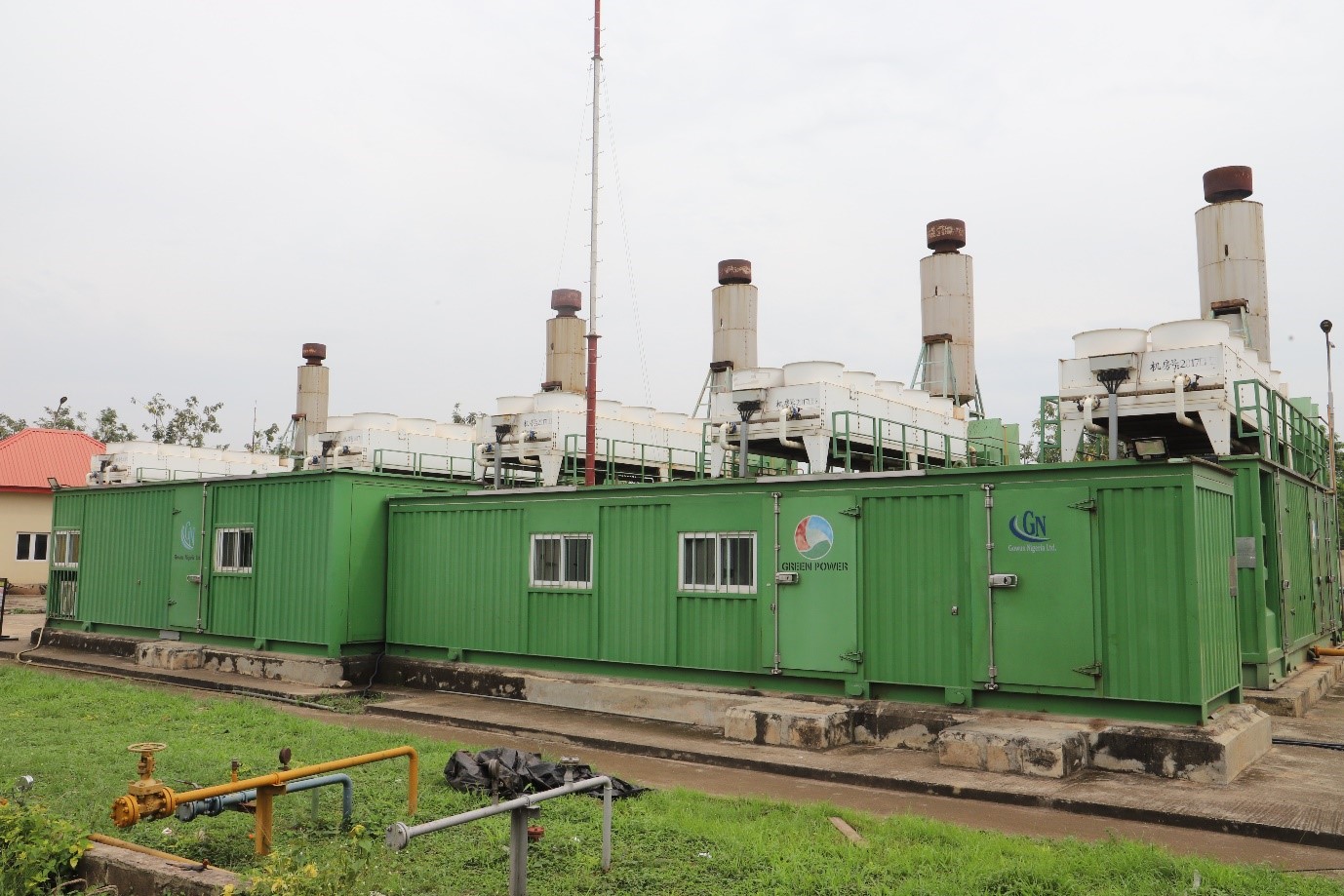
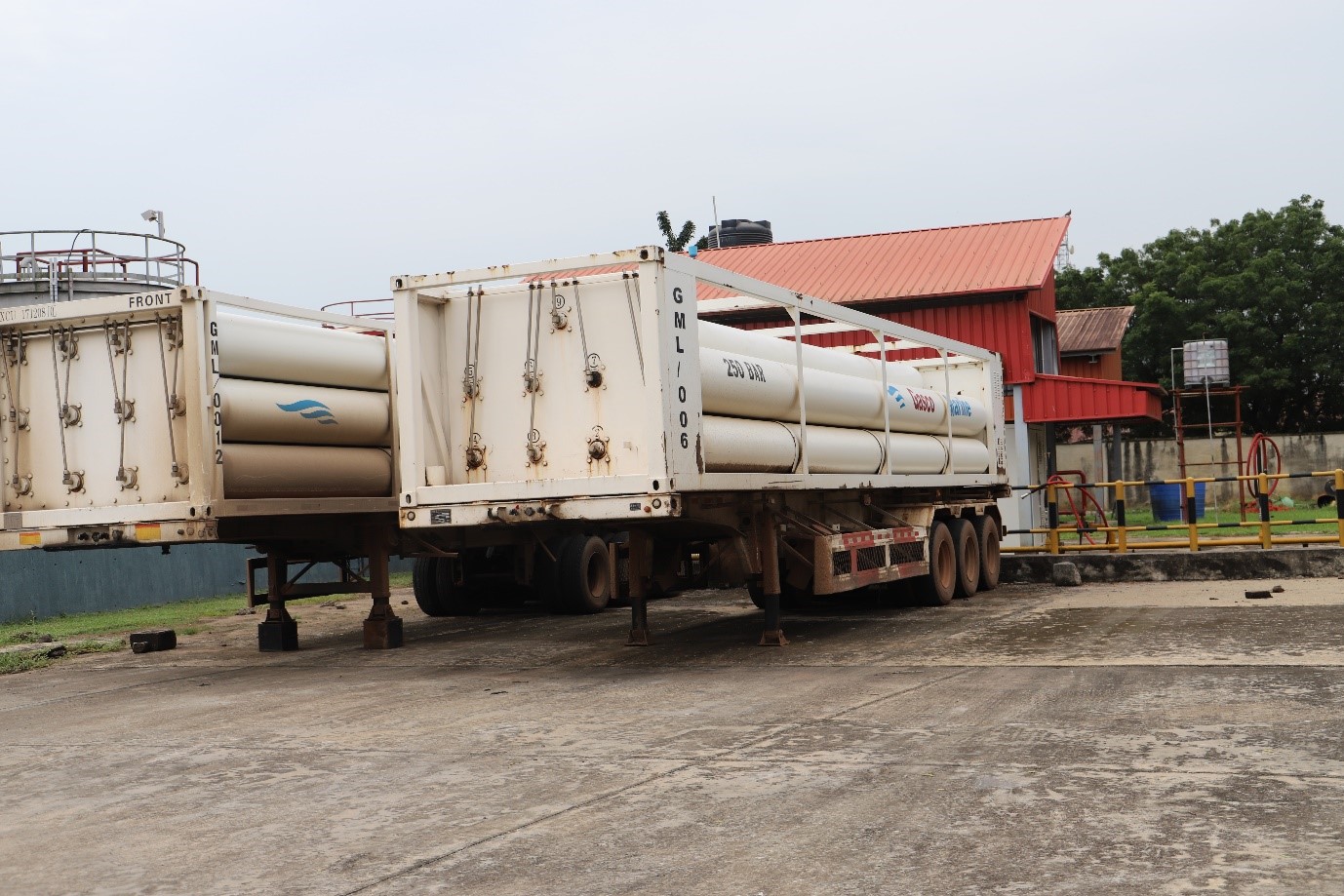
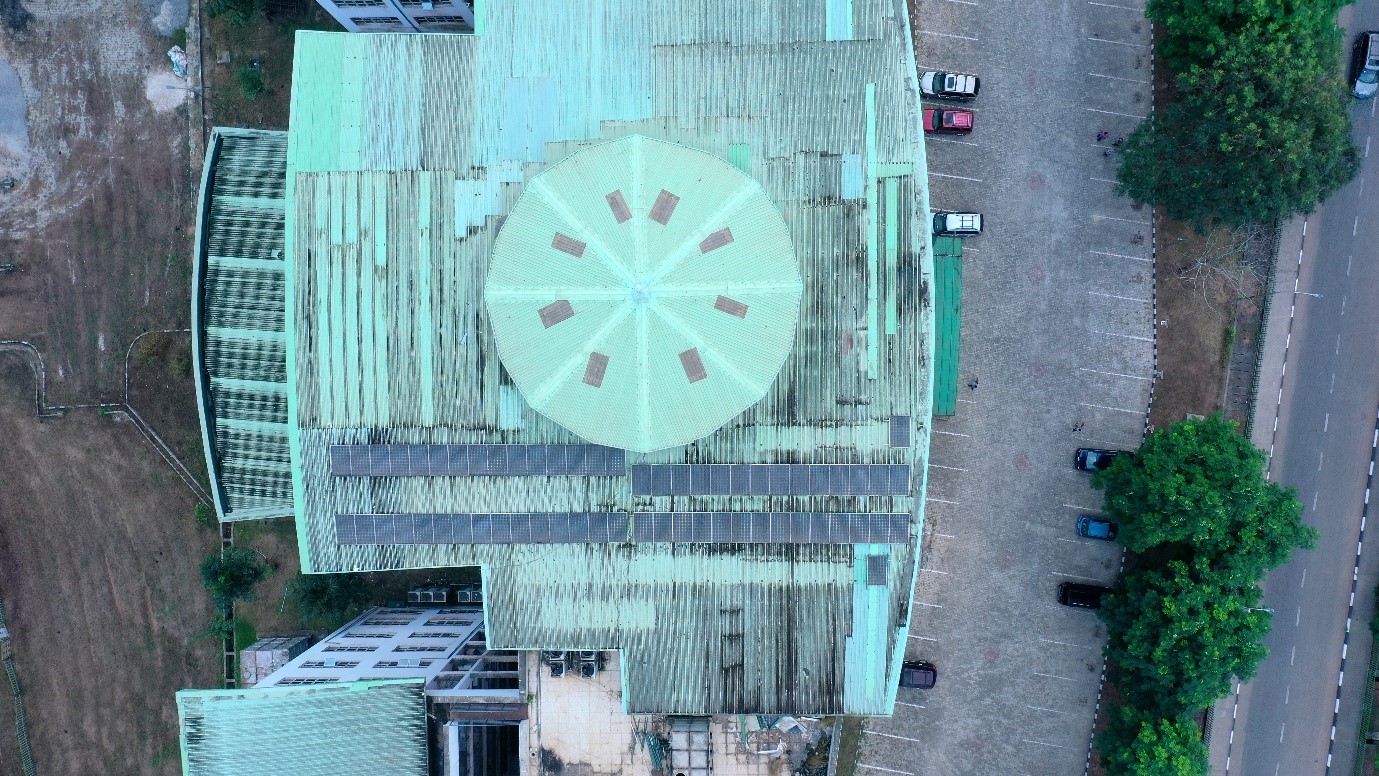
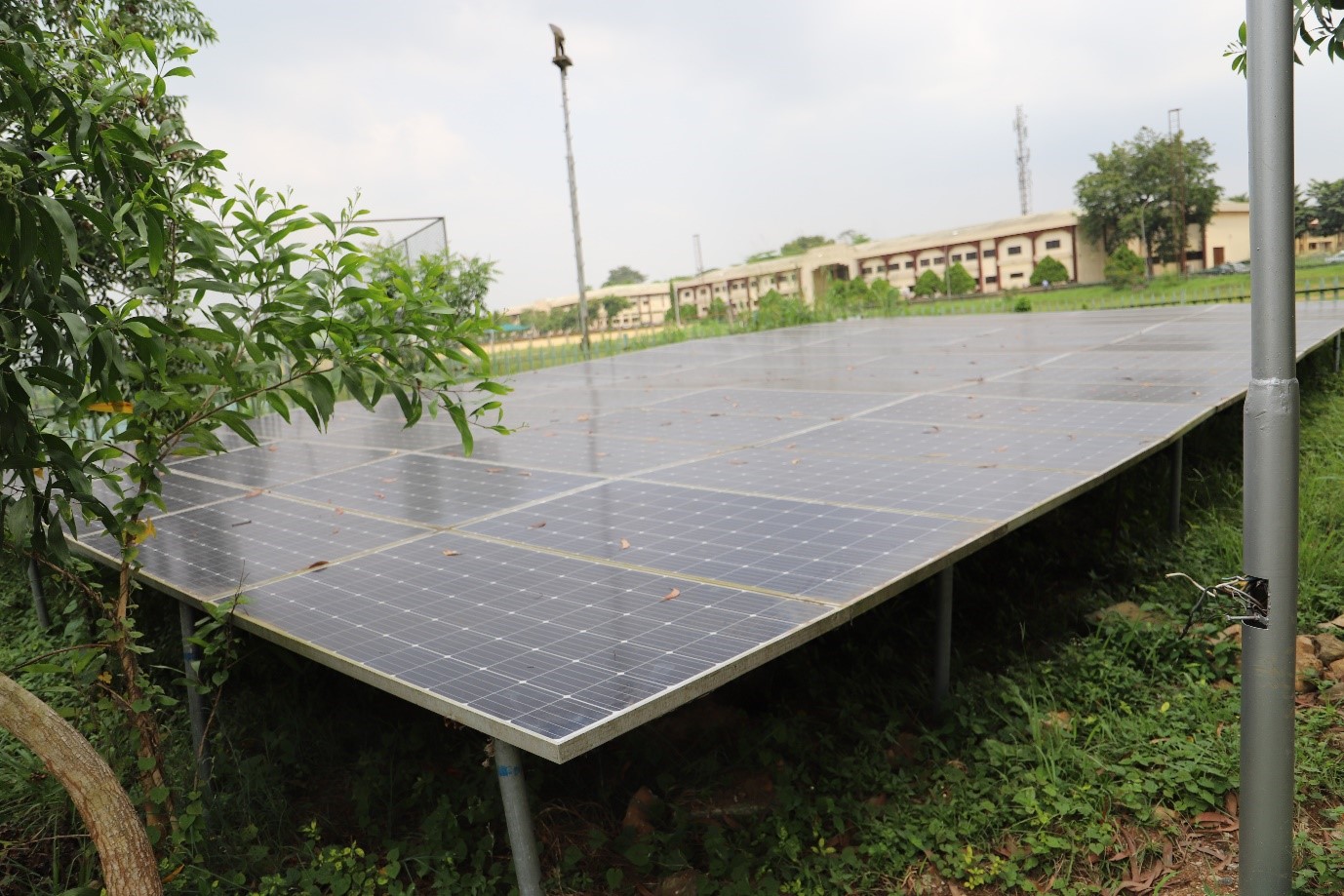
7.2.4 Energy Consumption Reduction Plan
Covenant University, through the strict adoption of strategies and implementation detailed in Section IV of the Covenant University Energy Efficiency Policy (CUEEP), has been able to bring about an overall reduction in energy consumption and CO2 emissions of the entire campus. From the retrofitting of existing buildings to the incorporation of a natural convective air-cooling system and daylighting to new building constructions at the architectural design stage, the adoption of smart devices and Certified Energy Efficient Appliances, an annual energy audit of equipment and facilities, maintenance services of buildings, electrical equipment, and water facilities, efficiencies are kept at maximum level and with the eventual reduction of CO2 emissions.
7.2.5 Reviews for Energy Wastage Identification
With the annual energy audit carried out by the university, as indicated in the strategies and implementation detailed in Section IV of the Covenant University Energy Efficiency Policy (CUEEP), Covenant University has been able to identify areas where energy wastage is highest; through measurements and calculations based on the audit, the university has also been able to identify areas of energy conservation and savings while maintaining perfect comfort over the entire campus. An energy audit is now a mandatory task on campus as part of the CU-CAPs initiative.
7.2.6 Divestment Policy for Carbon Intensive Industries
Energy transition forms a key part of our divestment policy: Covenant University Divestment Policy (CUDP) and our carbon neutrality strategy, as enshrined in the CU-CAPs. We strive to demonstrate exceptional leadership through cutting-edge research, teaching, and community development in partnership with the energy industry, focusing on inclusivity and a just transition to a sustainable and greener future. There is also the bicycle cycling-to-work scheme for staff, and the University now has virtually no waste to landfill with the waste recycling programme, which is part of the Covenant University waste-to-wealth initiative.
Our researchers and staff are making significant contributions to addressing the impact of climate change, supporting a long-term, sustainable green recovery that benefits the wider society through a Just Transition. Continuous divestment from fossil fuels by working and supporting industries around Net-Zero through education and research. Covenant University is championing and advancing energy transition research in key areas: renewable generation, the hydrogen economy, biomass, and carbon capture and utilization, and offered via courses like B.Sc in Industrial Physics (Renewable Energy Option), M.Sc in Industrial Physics (Renewable Energy Option), Ph.D in Industrial Physics (Renewable Energy Option). We utilize various cutting-edge technologies to provide insight and understanding into the causes and impacts of climate change, environmental sustainability, and related issues. There are also different research groups on campus working actively on energy systems, energy systems modelling/dynamics, climate modelling, etc., including The Energy & Environment Research Group (TEERG), Energy & Environment Research Cluster (EERC), Renewable Energy Research Cluster (RERC), Built Environment Research Cluster (BERC), Biotechnology Research Cluster (BRC), Centre for Economic Policy and Development Research (CEPDeR).
We are developing education and training that is responsive to the needs of employers and communities to progress a green recovery, such as the RCE Ogun project carried out with a long-standing collaborative relationship with the key industry stakeholders and communities with whom we work in partnership as we seek to further evolve our activities in line with sector and societal ambitions around Net Zero. Additionally, we continually update our curriculum and adapt our courses in consultation with international accreditation bodies and industry, leveraging their collective knowledge to ensure that we consistently produce high-quality graduates with the skill sets to make a meaningful and lasting contribution to the energy sector.
We use various cutting-edge technologies to deliver insight and understanding of the causes and impact of climate change, environmental sustainability, etc. There are also different research groups on campus working actively on energy systems, energy systems modelling/dynamics, climate modelling, etc., including The Energy & Environment Research Group (TEERG), Energy & Environment Research Cluster (EERC), Renewable Energy Research Cluster (RERC), Built Environment Research Cluster (BERC), Biotechnology Research Cluster (BRC), Centre for Economic Policy and Development Research (CEPDeR).
We are developing education and training that is responsive to the needs of employers and communities to progress a green recovery, such as the RCE Ogun project carried out with long-standing collaborative relationship with the key industry stakeholders and communities with whom we work in partnership as we seek to further evolve our activities in line with sector and societal ambitions around Net Zero. Also, we are constantly updating our curriculum and adapting our courses in consultation with international accreditation bodies and industry, harnessing their collective knowledge to ensure that we continually produce quality graduates with the skillsets to make a real and lasting contribution to the energy sector.
7.4 Energy and the community
7.4.1 Local Community Awareness for Energy Efficiency and Clean Energy
Covenant University was empowered in 2016 among 12 training partners, through the Renewable Energy and Energy Efficiency Project (REEEP) in partnership with Deutsche Gesellschaft für Internationale Zusammenarbeit (GIZ) through the Nigerian Energy Support Programme (NESP) i.e., GIZ NESP II, to deliver five clean energy qualifications in Nigeria, from PV installations to energy efficiency building design, including Solar PV Installation (SPVI), Solar PV Installation Supervision (SPVIS), Mini-Grid Design (MGD), Energy Management (EM), and Energy Audit (EA). The courses are examined and certified by the Council for the Regulations of Engineering in Nigeria (COREN), thus giving the program very high credibility. Covenant University, through these trainings, have been bringing awareness of energy efficiency and clean energy to the local communities.
Covenant University has newly instituted the DOF-CRIPBar Grant as a special fund that supports cutting-edge research on innovative ideas by providing homegrown solutions that contribute to alleviating social, economic and environmental challenges in line with the objectives of the SDGs. Most discoveries on energy management, energy systems and sustainability are also being disseminated by the Covenant University Community Development Impact Initiative Committee (CU-CDIIC), an organ of the University saddled with the responsibility of driving social and economic advancement, dissemination of research findings, in local organizations and underserved communities through sustainable development initiatives, implemented in partnership with key local stakeholders, including Non-Governmental Organizations (NGOs).
RCE Ogun is one of the Regional Centres of Expertise (RCE) in the world. RCEs are networks of existing formal, non-formal, and informal organizations that facilitate learning towards sustainable development in local and regional communities. The network constitutes the Global Learning Space for Sustainable Development. The goal of RCE Ogun is to create resilient, inclusive, and environmentally friendly communities through formal and informal training, educational programs, and exemplary projects that promote the sustainable development of the region. It is dedicated and committed to a paradigm shift in improving society via community services and Education for Sustainable Development. RCE Ogun has hosted several workshops and conferences, including (i) Local Conference of Youth (LCOY) in a three-day program with the theme, ‘Building Resilient Systems for Climate Smart Economy in Nigeria, (ii) Building Resilient Systems for a Climate Smart Economy in Nigeria, (iii) 2nd RCE Ogun Climate Change Convention and Biodiversity Conservation Workshop, etc.
Covenant University has been organizing conferences and workshops over the years to unite global leaders, academics, policymakers, and industry professionals to explore the forefront of research in energy advancement and sustainable technology. These programs have been providing unique opportunities to engage with local communities and experts, fostering new collaborations across diverse fields of engineering innovations, clean technology, and many more. Some recent conferences and workshops, include (i) 8th International Conference on Engineering for a Sustainable World (a collaboration between the Department of Mechanical Engineering, Covenant University and the University of Pretoria, South Africa), and (ii) 3rd Electrical & Information Engineering International Conference
on Computing, Networking, Robotics & Telecommunication (EIECON 2025).
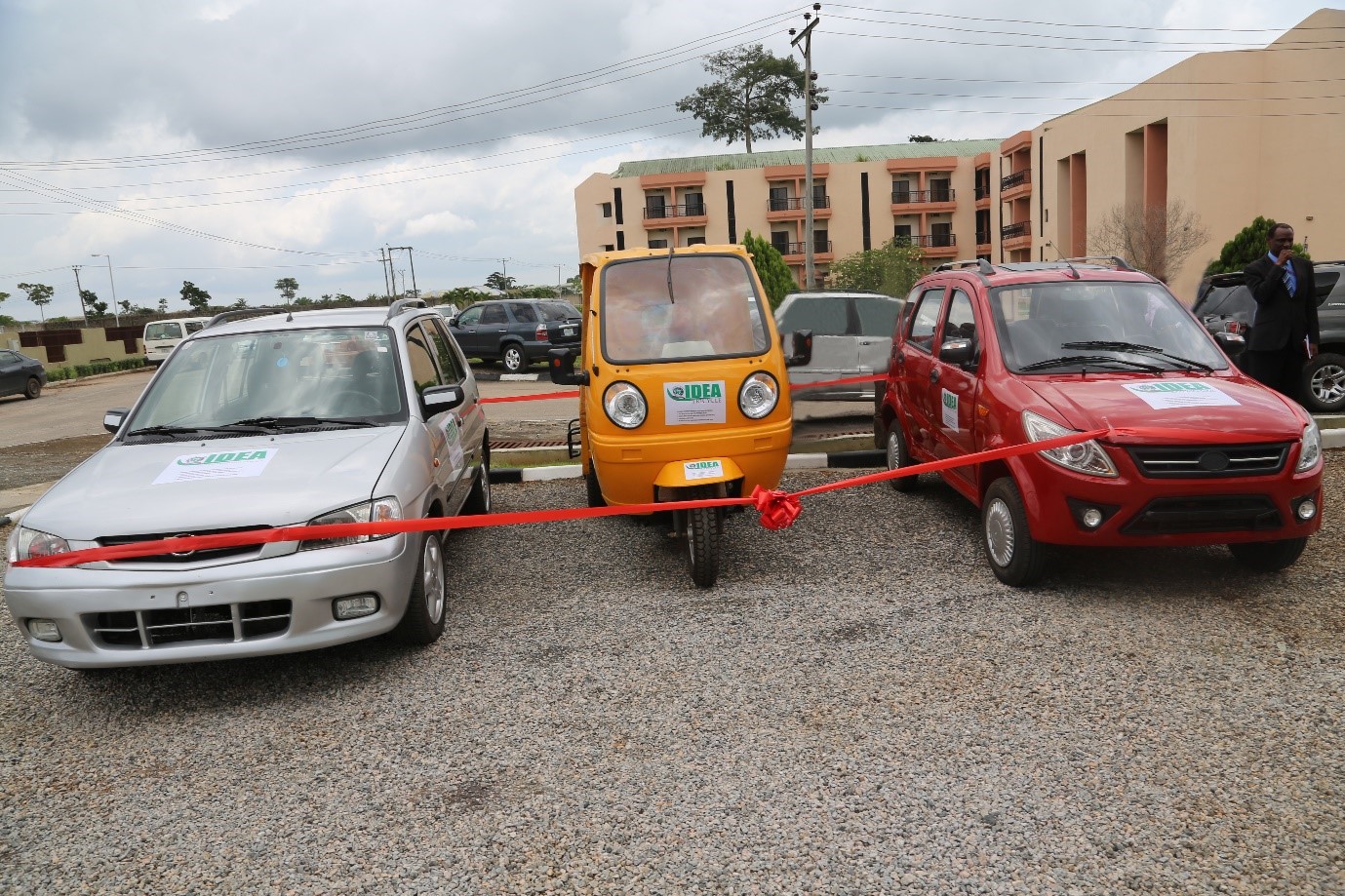
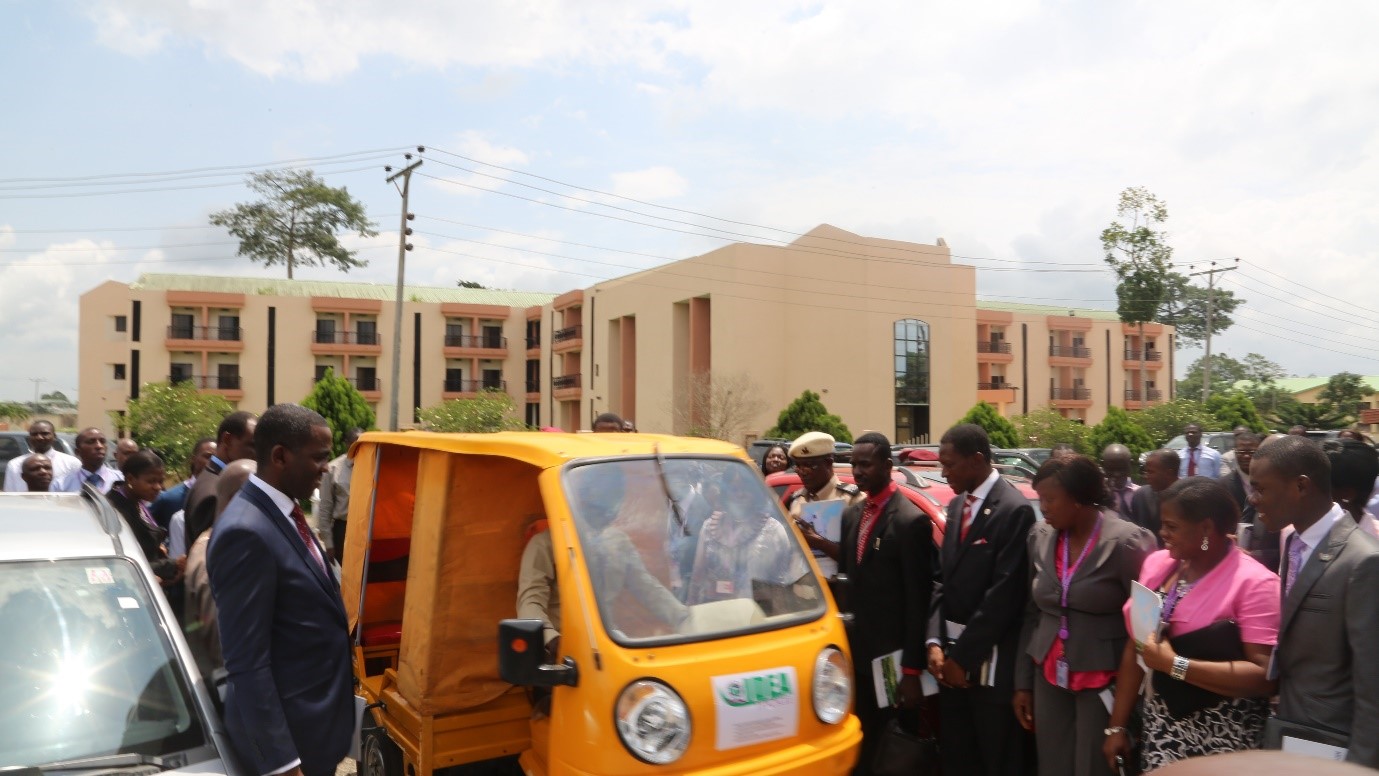
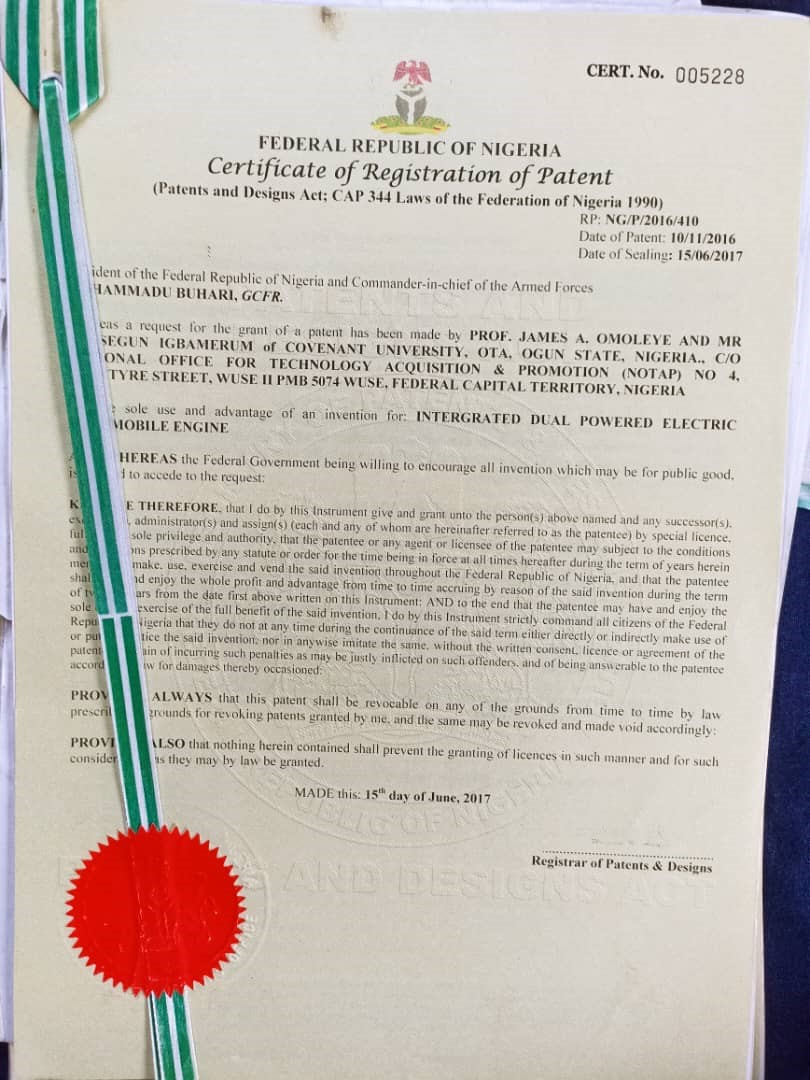
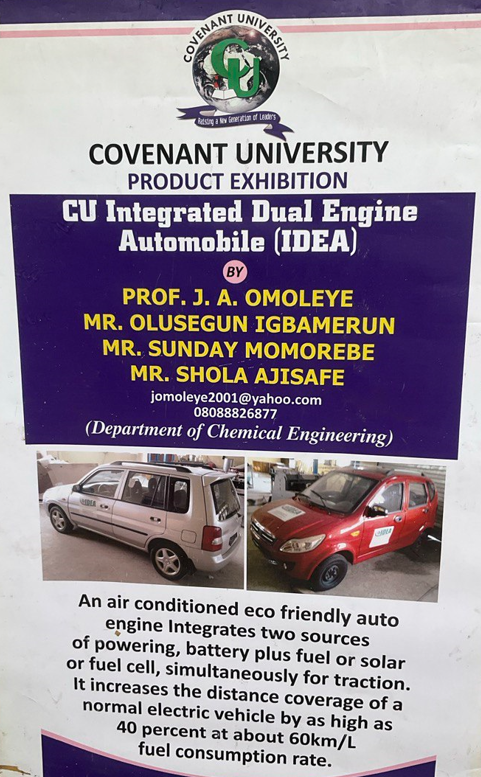
7.4.2 Pledge Towards 100% Renewable Energy
Covenant University is a carbon-literate institution, and we are proud to promote actions towards net zero. The University has pledged allegiance towards 100% renewable energy through the newly developed Climate Action Plan, CU-CAPs. Through the aggressive implementation of Covenant University Energy Efficiency Policy, we have achieved: (i) a reduced campus energy use intensity (EUI) by an average of at least 3% per year against the 2021 base year, (ii) continuous optimization of campus estates and infrastructure through aggressive energy efficiency practices. With the rapid reduction of our EUI, our eventual goal is to ensure that renewable energy and energy efficiency practices will be the sources of generation of electricity for every unit (in kW or MW) the University utilizes, i.e., 100% renewable in line with our carbon neutrality commitment by 2040. We have also published and are continuously driving the University divestment policy (CUPD) to demonstrate our leadership commitments towards just and inclusive decarbonization.
Covenant University unveiled and patented the first dual-powered automobile, tagged: Covenant University Integrated Dual Engine Automobile (CU IDEA). The projects were developed by Prof. J. A. Omoleye and his research team. CU IDEA is an air-conditioned eco-friendly auto engine that integrates two powering sources for traction i.e., battery+fuel or battery+solar/fuel cell. It increases the distance coverage of a normal electric vehicle by as high as 40% at about 60km/L fuel consumption rate. The project had been patented for mass production.
7.4.3 Energy efficiency and Clean Energy Services for Local Industry
Covenant University has been one of the 12 training partners among training academies and research institutions across Nigeria empowered to deliver five of the seven clean energy qualifications in Nigeria, including Solar PV Installation (SPVI), Solar PV Installation Supervision (SPVIS), Mini-Grid Design (MGD), Energy Management (EM), and Energy Audit (EA). In 2016, the Renewable Energy and Energy Efficiency Project (REEEP), funded by USAID and implemented by Winrock International in partnership with Deutsche Gesellschaft für Internationale Zusammenarbeit (GIZ) through the Nigerian Energy Support Programme (NESP) i.e., GIZ NESP II, developed seven training curricula, from PV installations to energy efficiency building design. Covenant University and other selected partners were supported through training syllabi, handbooks, and a depth training of our faculty in pursuit of compliance with prevailing competency standards, using essential training equipment. The 12 training institutions, which include Covenant University, conduct training in these seven renewable energy and energy efficiency specializations; before 2020, NESP and REEEP are providing the examination and certification service. Certifications for these courses are now being conducted by the Council for the Regulation of Engineering in Nigeria (COREN) to ensure training quality, close linkage to market needs, national recognition, and periodic course updates in line with market developments. Through this partnership and training, we provide direct services to local industries and organizations to improve energy efficiency and clean energy.
Covenant University hosted captains of industry, with the general objective of harmonising Industry/Academic partnership for national development. The major area of concern in this partnership is energy (power/electricity) among others. The industry partnership is being coordinated by Covenant University Centre for Research, Innovation and Discovery (CUCRID). CUCRID is poised to drive the University vision of being one of the top 10 Universities in the world by 2022 from the research, innovation and discovery platform.
Covenant University is finalizing a Memorandum of Understanding with the Manufacturers Association of Nigeria (MAN) to foster academic-industry collaborations. MAN held a workshop with Covenant University as a partner in November 2023 with the theme: Future Manufacturing: A Road Map to an Enabling Environment with Sustainable Development. Some of the key areas explored during the workshop include green and renewable energy, low carbon, and sustainable development towards promoting and upgrading traditional manufacturing in the future in a robust discussion on ‘Green Opportunities: Developing Nigeria’s Renewable Energy Manufacturing Capabilities’.
Extracted Pages 29 & 30 of the Resource Book of the Winrock Renewable Energy and Energy Efficiency Project (REEEP) and Deutsche Gesellschaft für Internationale Zusammenarbeit (GIZ) through the Nigerian Energy Support Programme (NESP) i.e., GIZ NESP II: https://winrock.org/wp-content/uploads/2023/09/REEEP-Resource-Book-20180222.pdf
7.4.4 Policy Development to Foster Awareness for Government on clean energy and energy-efficient Technologies
Covenant University is a partner to the PeopleSun project entitled: Optimization of Off-Grid Energy Supply Systems in Nigeria. The overall goal of the PeopleSuN research project is to improve access to reliable and sustainable energy for underserved regions in Nigeria. The project generated a comprehensive quantitative and qualitative data collection that forms the basis for the development of tools for the determination of electricity demands, for the optimization of off-grid PV systems and for a handbook for decision makers and SMEs, with special consideration of local conditions and in close German-Nigerian cooperation. In addition, with the newly instituted DOF-CRIPBar Grant special fund, Covenant University has beensupporting cutting-edge research on innovative ideas by providing homegrown solutions that contribute to alleviating social, economic and environmental challenges in line with the objectives of the SDGs. These home-grown solutions from innovative ideas lead to product and policy development that are being disseminated to the communities and to support government in clean energy and energy efficient technologies.
7.4.5 Assistance for Start-ups Towards Low-Carbon economy/Technology
Covenant University, through the Hebron Startup Lab, offers assistance to start-ups that foster and support a low-carbon economy or technology. Hebron Startup Lab is proud to be West Africa’s first university-based startup incubator, providing a platform for budding entrepreneurs to develop their ideas and bring them to life. Our incubator is designed to offer unparalleled support to startups in their earliest stages, helping them to navigate the complex world of entrepreneurship and achieve success. Hebron Startup Lab is designed to take ideas from concept to product to market.
Among all the startups curated by Hebron Startup Lab, Cognito Technologies is a newly developed alternative energy technology startup that bridges the gap by innovating, developing, and promoting green energy alternatives, aiming to mitigate the harmful effects of fossil fuels and champion a sustainable future across the continent. Several research clusters and student groups in Covenant University, with a focus on sustainable energy, collaborate annually to organize demonstrations, workshops, and conferences that serve as energy solutions to rural communities.
One key mandate of the DOF-CRIPBar Grant is that the homegrown solutions must align with key priority areas of the SDGs, including Renewable energy (e.g., solar, bioenergy, energy storage), Environment & Climate Change (e.g., climate adaptation, green tech), food security (e.g., agri-tech, sustainable farming), Waste management (e.g., recycling, upcycling, waste-to-energy), Smart agriculture (e.g., precision farming, IoT-enabled solutions), Infrastructure (e.g., smart cities, sustainable construction), etc. Kindly see P7.4.5a and P7.4.5b. Low-carbon economy/technology products that spin up from innovative ideas and solutions are supported as startup companies.
P 7.4.5a: First Call for Proposal for the DOF-CRIPBaR Grant: May 16, 2025
.

